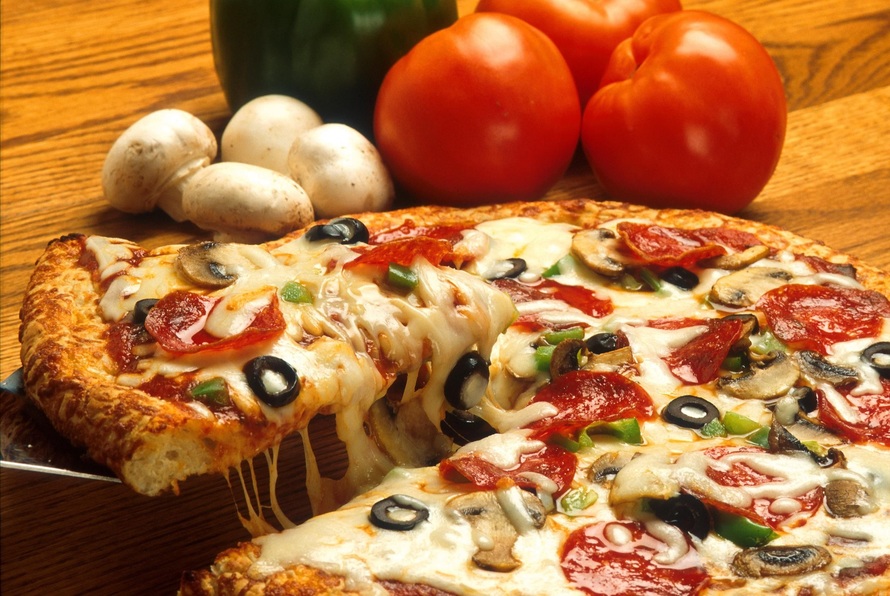Why not to crash diet
By Ari Snaevarsson, Features Editor
There is a certain allure to severe caloric deficits for weight loss. The thinking is that bigger is better, and so a greater degree of caloric restriction must yield greater results. Any reservations that dieters may have regarding such an approach are easily ameliorated by whatever hogwash rationale is being thrown out by the prescribing diet guru. “Take shots of apple cider vinegar between meals” or “supplement your low-calorie diet with injections of 200 IU human chorionic gonadotropin!”
Before I go any further, keep in mind that these “crash diets” are not always bad, and I find it absurd to prescribe a “slow and steady” caloric deficit across the board, regardless of clinical or body compositional markers. You see, that advice might make sense for someone looking to lose a little bit of weight before a big wedding, but try telling that to someone who is morbidly obese. Losing one pound a week might mean upwards of three to four years of dieting before such an individual can hit their goal weight.
However, for the vast majority of the general population, this is not an optimal approach. In fact, even for elite athletes, rarely does this diet approach merit consideration. Maybe it could have implications for weight class athletes competing at the highest level who either failed to diet optimally beforehand or are relying on a meticulously planned supercompensation effect before their respective event. Really, the only group I can see routinely getting much use from crash dieting is, and my bias will unavoidably shine through here, physique competitors (I may expand on this in future articles).
Let us get straight into the reasons this approach may be suboptimal, and even counterintuitive, for the weight loss goals of the general population. First off, there is the natural compensatory human response to food deprivation to go all out once you “break the diet” (i.e. one blueberry muffin becomes an entire box of sugary cereal and a dozen donuts). This is largely the product of leptin downregulation and ghrelin upregulation, along with changes to some other notable appetite hormones.
Second, you risk plunging the body into a state of severe physiological distress. “Severe” is not an exaggeration; to the almost two million-year-old physiological architecture of the human brain, 1500 calories a day under one’s total daily energy expenditure means we are entering a state of food scarcity that could last God-knows-how-long. This leads to low-grade cortisol secretion, as well as reductions in leptin, which then further stimulates cortisol, perpetuating the cycle. This goes on to cause water retention, via aldosterone, and it may stall actual weight loss, as well as favor visceral fat storage (meaning in the stomach, the most dangerous and unsightly area to hold fat).
Third, muscle mass will decrease on these semi-starvation diets, unless relevant variables are tightly controlled, and I mean tightly. Just to keep muscle loss at bay, the dieter should know exactly what protein intake is correlated with lean body mass retention during prolonged fasts, what exercise mode is the absolute maximum you can sustain in this phase, etc. In any event, maintenance of muscle mass requires a marginally higher resting metabolic rate. This figure is generally overhyped, but it does help contribute to the broader story here.
Now, more hormones and neurotransmitters are involved in this intricate phenomenon of hunger/appetite regulation and the body’s resistance to starvation dieting, but I think this should give you the gist of it. To make one final point, and of course the aforementioned hormones have profound implications on this as well, at a certain point, restricting calories excessively becomes a counterintuitive process to all the signals we receive in our daily lives.
The whole “food marketing makes you buy super unhealthy, obesogenic junk foods” sentiment is pretty ingrained in most of us already, so I do not necessarily think I need to rehash that one too much.
However, it is important to understand that the idealism of a perfectly planned diet using all the right foods and macros and tracking devices means nothing if it is at odds with your current circumstances. In the same vein, as great as some of these crash diets may sound when you read works by the nutrition gurus who pimp them out, they rarely come to fruition so flawlessly when applied to the average person’s life.
In closing, I would caution that most people try not to touch these VLCDs with a ten-foot pole. The appeal of rapid weight loss is enticing, but bear in mind that good things really do come to those who wait. This does not mean resorting to an incredibly small caloric deficit and expecting minimal weight losses each week; as with all things, there is a healthy middle ground. I will cover this in more detail in articles to come.

